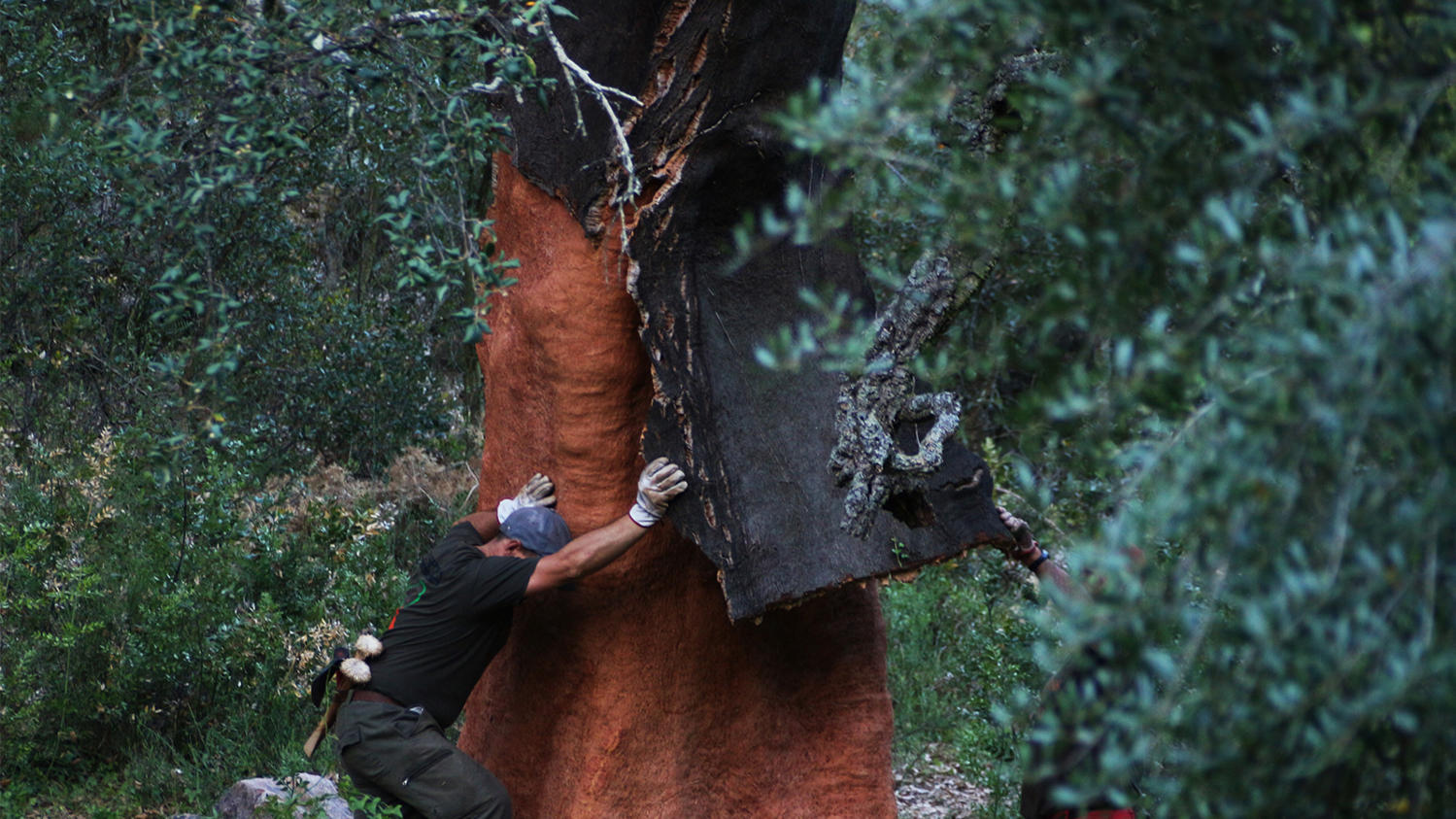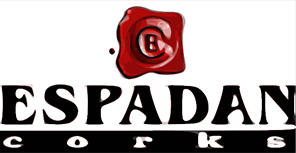ESPADAN: demonstrating natural capital benefits across the value chain

ESPADAN CORKS (Espadan) is a small-medium size Spanish company in the cork base product supply chain, covering all stages from cork oak production, primary processing and final production. Espadan produces two main categories of products: cork stoppers for the wine industry, and e-cork laminate for the construction sector. Espadan sells to the domestic and international markets.
Why a natural capital assessment?
Espadan’s vision of environmental sustainability was built over time, and is now focused on leveraging the natural capital approach to explore opportunities associated with the environmental benefits of cork production.
The aim of the assessment is to measure and communicate the environmental benefits of Espadan’s products, to improve their competitiveness on the market. For that Espadan is assessing whether by measuring and valuing these environmental benefits, it is possible to design a commercial and communication strategy to capture new revenue streams from environmentally-conscious consumers. The objective is to re-invest these revenues to enhance the positive natural capital benefits at the cork oak production stage.
What was the Protocol or the Sector Guide used for?
Espadan focused the assessment on two products:
• CORK STOPPER for winery industry, a traditional product with mature market alternatives.
• e-cork® laminate for construction sector, an innovative product for which the communication of the natural capital value could play a key role in its commercialization.
The assessment was focused on the impacts on human health, ecosystems, and resource availability. It was realized in two main stages: 1) Technical assessment, to measure and value the natural capital impacts; 2) Analysis and market response, including a commercial strategy to capture new revenue streams, and a consumer focused communication strategy on the environmental benefits of Espadan products.
How did you conduct your assessment?
The measurement and valuation stage consisted on first measuring impact drivers, by conducting a Life Cycle Assessment of the products, and then assigning a monetary value to their impacts, with technical assistance from researchers from the UE/JRC-Unit B5 on Circular Economy and Industrial Leadership.
The principles of the Protocol were rigorously applied for the planning, assessment and application of the results. These results are currently undergoing third-party verification.
Besides the Natural Capital Protocol and the Forest Products Sector Guide, other complementary guidance was used when necessary, including ISO 14040, ISO 14025, EN 15804, Draft-ISO 14007 & Draft-ISO 14008, PEF-EU Guide.
What were the outcomes of the assessment?
Through the natural capital assessment process, we were able to acquire new skills and engage with key stakeholders to better understand and improve our environmental sustainability performance across the whole value chain. This also improves our competitive advantage on the market through recognition of the “real” value of our products.
One of the key elements for the success of the pilot has been the commitment of the CEO, in recognition of the strategic nature of the project. Also, the high level of stakeholder involvement has been crucial through the engagement of the wider community (scientific experts, public administrations, standard settlers and certification bodies, consumers, etc.).
The complexity of the project is significant for a small company like Espadan with limited resources. To overcome this, we sought external technical assistance, and relied on a dedicated workforce combined with large in-house experience in eco-design and eco-innovation.
Next steps
Espadan is currently working on the following next steps:
- Developing a methodology to determine the natural capital value of sustainably managed forests, that will translate into a verified chain of custody compensation and credits system.
- Conducting an external review of natural capital assessments in order to test our methodology and assumptions.
- Presentation of preliminary results to various wineries and construction operators.
- Development of a communication plan.
- Analysis and interpretation of end-user’s preferences.

